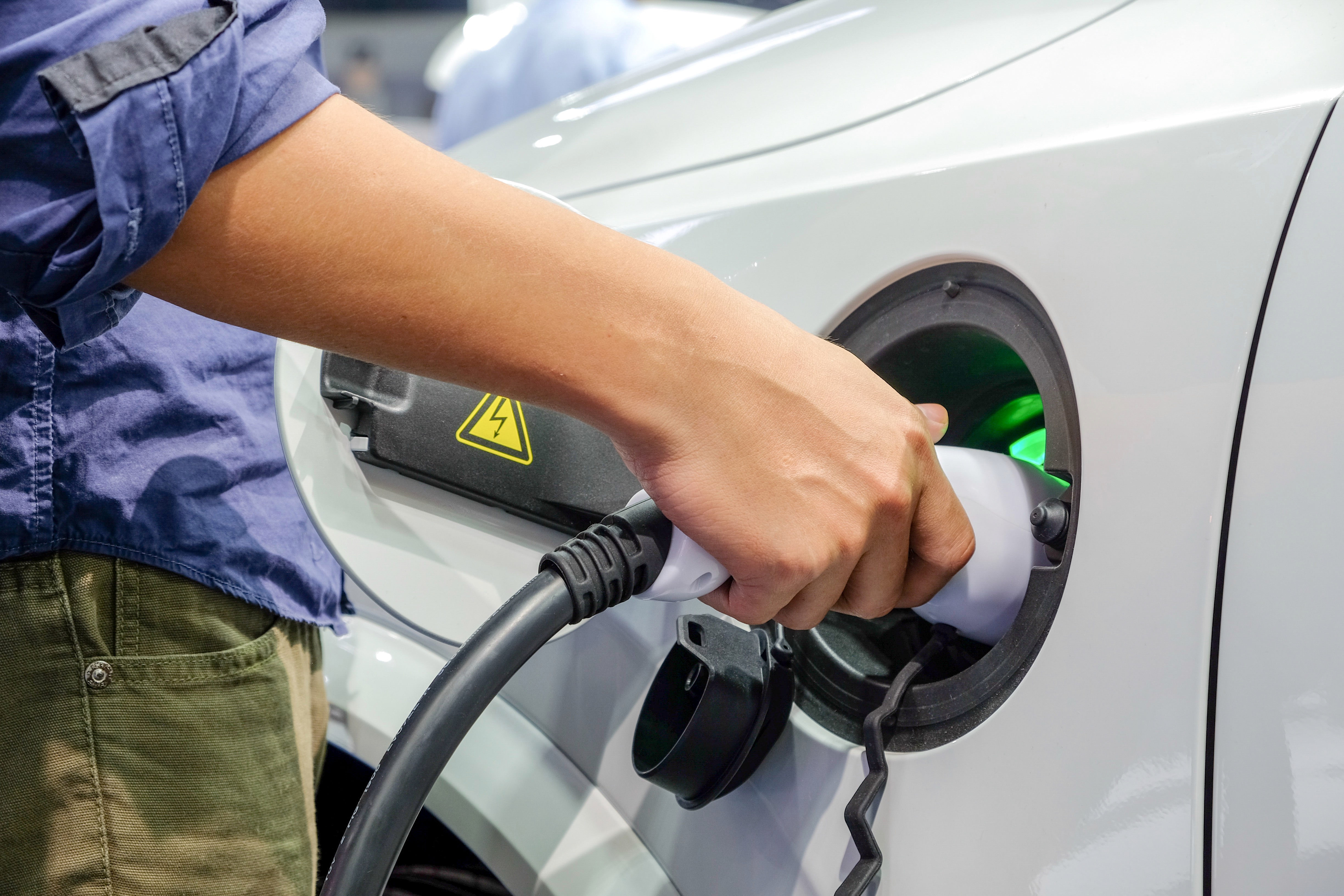
Our world is on the cusp of a transformative shift. Electrification, the process of replacing fossil fuel-based technologies with electrically powered alternatives, is rapidly gaining momentum. This transition promises a cleaner, more sustainable future, and its impact will be felt across every facet of our lives.
Electrification is not just a trend; it's a critical movement towards reducing our carbon footprint and mitigating climate change. By adopting electrically powered solutions in transportation, industry, and residential applications, we are moving towards a world where renewable energy sources dominate, paving the way for a healthier planet and a more sustainable future for generations to come.
Climate change is no longer a distant threat. The urgency to transition away from fossil fuels, the prime contributor to greenhouse gas emissions, is undeniable. Electrification offers a powerful solution by reducing our reliance on carbon-intensive energy sources.
Electric vehicles (EVs) are leading the charge. Advancements in battery and charging infrastructure are making EVs a viable and attractive alternative to gasoline-powered cars. The environmental benefits are clear - EVs produce zero tailpipe emissions, leading to reduced air pollution in urban centers.
Electrification extends beyond transportation. Heat pumps, for instance, offer a highly efficient and environmentally friendly alternative to traditional gas-powered heating systems. Similarly, electric appliances are becoming increasingly popular, further reducing our dependence on fossil fuels.
Electrification goes beyond just environmental benefits. It has the potential to reshape our entire energy landscape:
A More Resilient Grid: With a growing number of electric vehicles and appliances on the grid, managing electricity demand becomes increasingly crucial. Smart grid technologies, coupled with renewable energy sources, are the main sources to ensure a reliable and sustainable electricity supply.
Economic Opportunities: The rise of electrification is driving innovation across various sectors. This translates to new job creation and economic opportunities in areas like renewable energy generation, electric vehicle manufacturing, and smart grid infrastructure development.
Energy Security: Electrification can enhance a nation's energy security by lowering the dependence on imported fossil fuels. By harnessing domestic renewable resources like solar and wind power, countries can gain greater control over their energy needs.
The transition to electrification has its challenges. Here are some key considerations:
Grid Modernisation: The existing electricity grid needs significant upgrades to handle the increased demand from a growing number of electric vehicles and appliances. Investments in grid infrastructure are essential to ensure the smooth integration of renewable energy sources.
Battery Technology: While advancements in battery technology have been remarkable, further improvements are needed to increase the range and affordability of electric vehicles. Additionally, efficient and sustainable battery recycling solutions are crucial for a truly circular economy.
Social Equity: The transition to electrification must be equitable. Ensuring access to affordable electric vehicles and charging infrastructure for all segments of society is critical. Additionally, investments in workforce training programs can help prepare individuals for the jobs of the future in the electrified economy.
Electrification is not just a technological shift; it's a paradigm change. It represents a collective commitment to a cleaner, healthier planet and a more sustainable future for generations to come. This monumental transition requires embracing innovative solutions and technologies that enhance efficiency and sustainability. It also demands foresight in addressing potential challenges and proactively developing strategies to overcome them. Collaboration with reputable energy brands plays a crucial role in this journey, as these brands bring expertise, reliability, and advanced technologies to the forefront of electrification efforts.
By creating meaningful partnerships and working together, we can harness the full potential of electrification to drive positive change, ensuring a brighter, more sustainable future for all. The path to a cleaner world is paved with these collective efforts and visionary advancements.